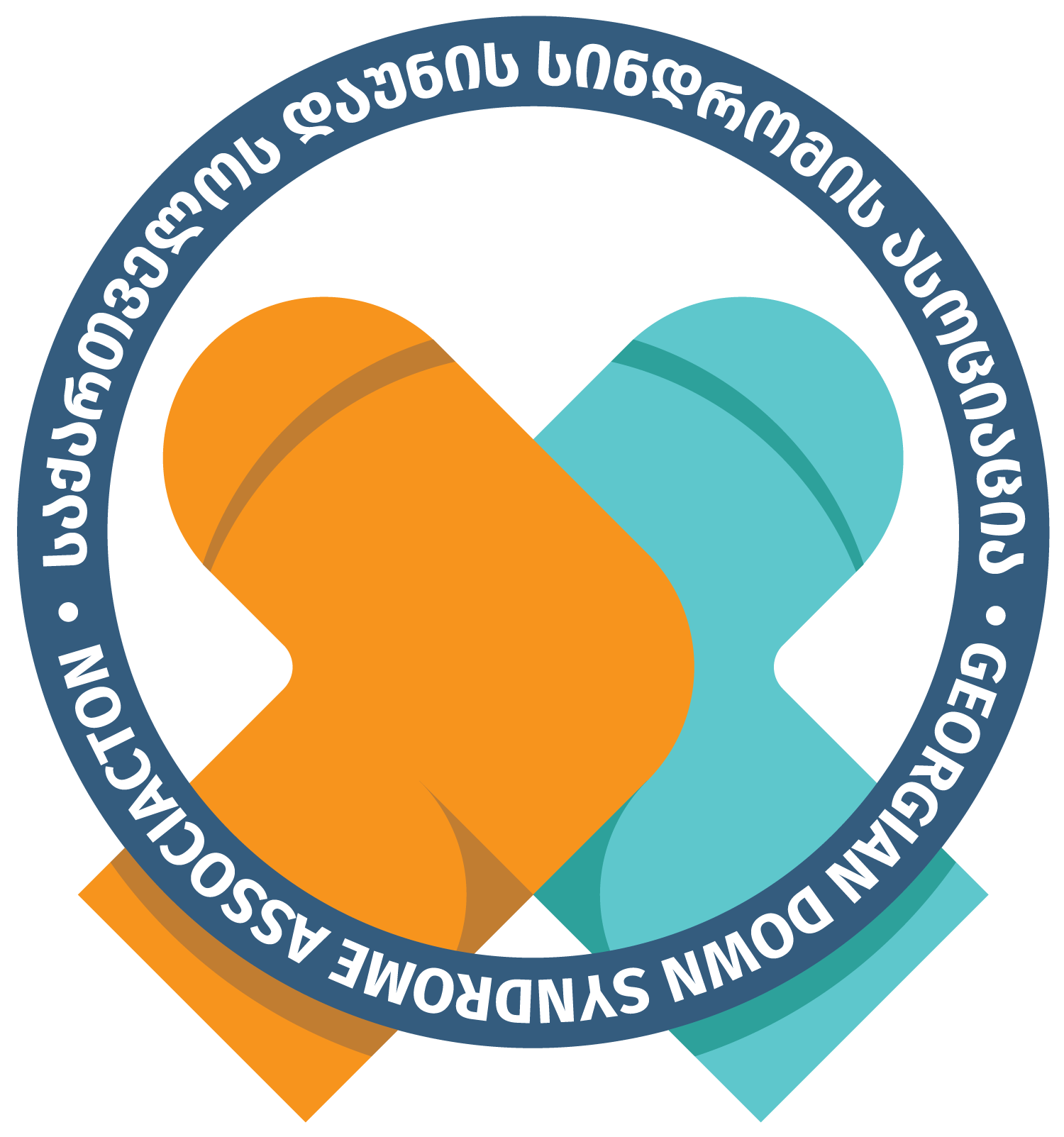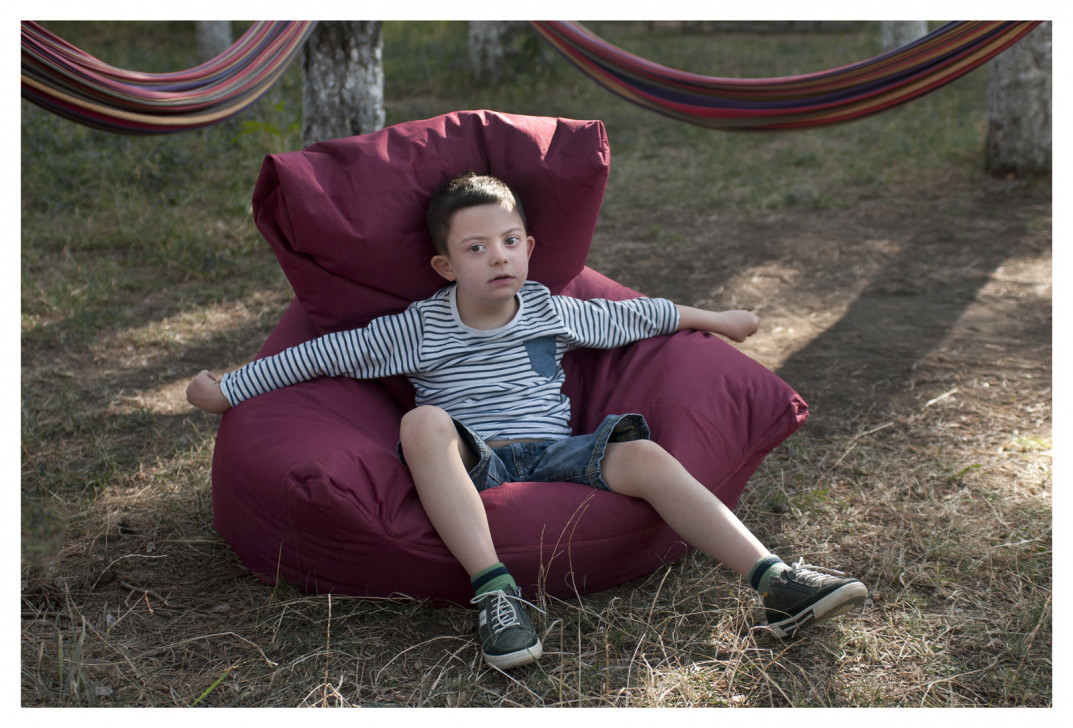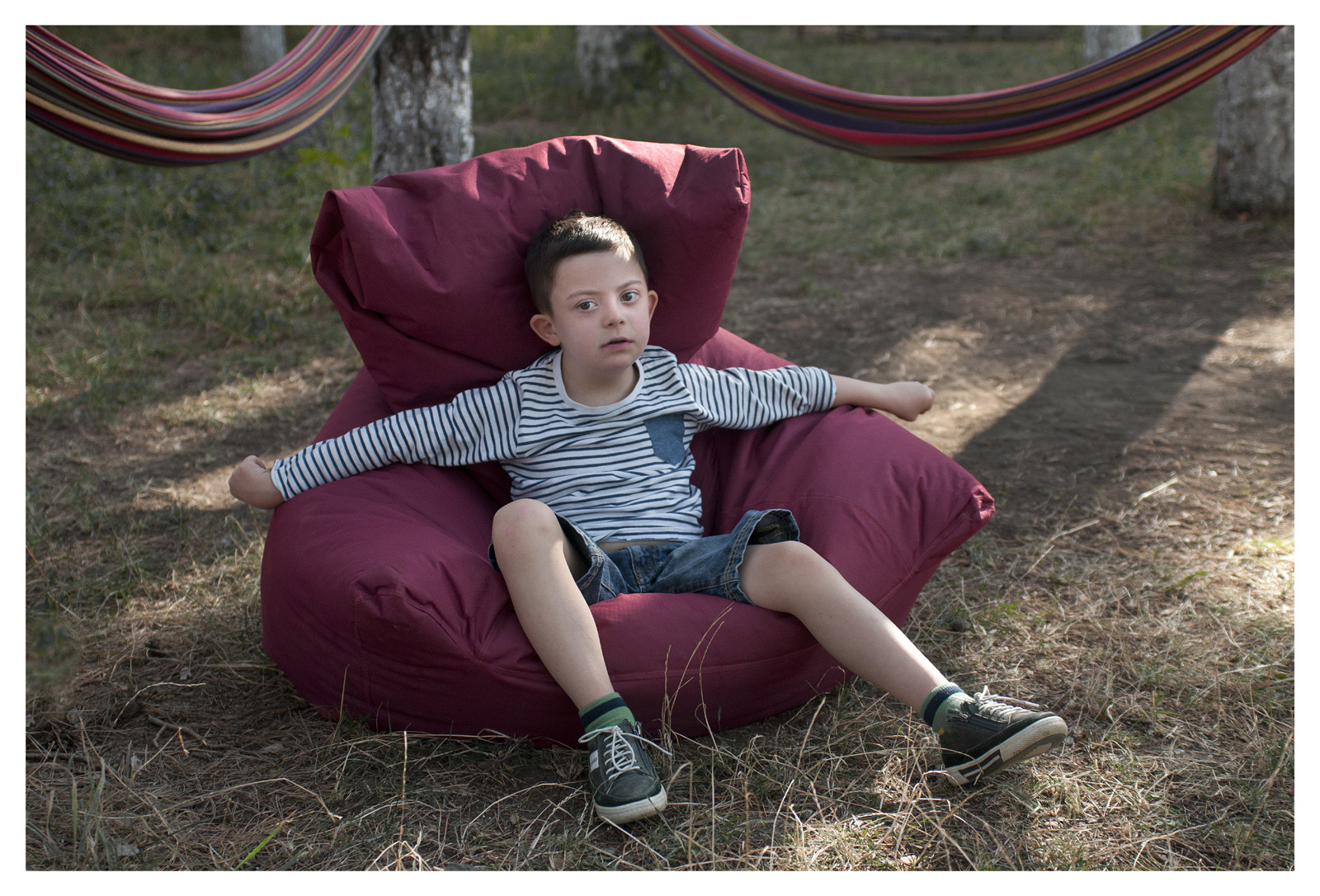One morning in April, when the summer house near Tbilisi was still very cold, and public transport was paralysed by the Covid pandemic, Erekle ran away. While the family were still asleep, he very quietly unlocked the door and walked out into the forest. A man found him and brought him back. Erekle was only wearing his pyjamas and wellington boots and, although soaked through from the rain, he was happy. I imagined him blowing kisses to his family from the gate in a gesture of love.
His mum told me that life had taught her a few things and she had some advice for other parents who have children with her son’s condition. Although they, the parents, might be in a state of shock at first, still in the “getting used to it” phase, it was important to realise that their child isn’t in any distress, and is perfectly happy. Though it might concern them that their son or daughter has an extra chromosome, their child is oblivious and carefree. Everybody should remember that.
As for Erekle himself, he is a very happy child, who is never upset for long, unlike some other children. He can hug better than anybody else and cares deeply about other people, especially children younger than he is. He is mad about animals and has brought huge joy to the whole family. He has changed their lives, including his sister and brothers and their friends who have become kinder and more understanding, having learned to love and respect people who are different from them.
Erekle has his own challenges. Because he loves people so much,
he tries to shake hands with everybody, and waves at them when
he’s in the car. He longs for contact the most from the people who
don’t seem to notice him or try to avoid him. He manages most of
the time, but sometimes when he opens his arms to someone who
turns their back on him, his parents are hurt by the frozen smile on
his little face. “Though I’m sure that must happen to other children
too,” his mum says.
Photographer: Levan Kerkheulidze
Writer: Archil Kikodze
Project was produced within the framework of the Children Are Not Born with Prejudices project run by the Glada Hudik Theatre in Georgia with the support of the Swedish Institute.









